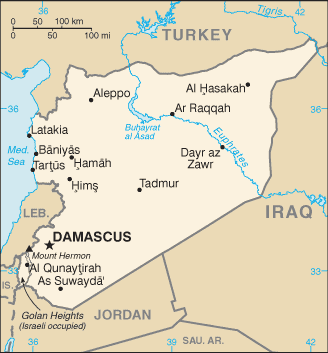As the war against ISIS continues to escalate, there has been an ever-growing elephant in the room: what will happen to the massive number of ISIS members if the group is militarily defeated, and by what mechanism will they be charged?
 International legal investigators have been pushing the idea of a tribunal for ISIS detainees, but are finding a lot of ambivalence, and in some cases downright opposition, to the idea of setting up a mechanism to deal with what could conservatively be tens of thousands of detainees.
International legal investigators have been pushing the idea of a tribunal for ISIS detainees, but are finding a lot of ambivalence, and in some cases downright opposition, to the idea of setting up a mechanism to deal with what could conservatively be tens of thousands of detainees.
The US in particular is seen to be averse to this plan, with officials saying they are concerned that the focus on trials for ISIS detainees would “distract” from the war effort. With the government’s narrative being a victory by “destroying ISIS,” the question of post-ISIS remnants is one they prefer not to think about.
In the absence of such plans, however, there has been considerable concern that the default will be to let the governments of Iraq and Syria handle them under their respective legal systems. Given the amount of corruption and violence in those legal systems, however, the risk of non-credible trials grows greatly, as does the risk that abuse of suspected ISIS detainees will fuel more unrest, sewing the seeds to the next war.


